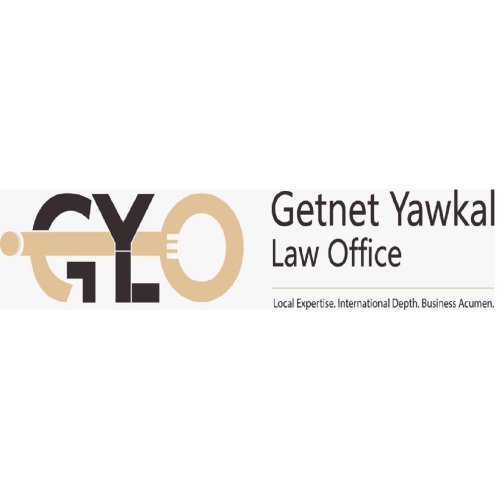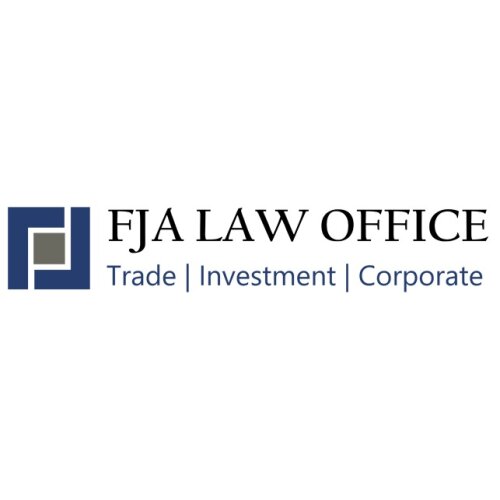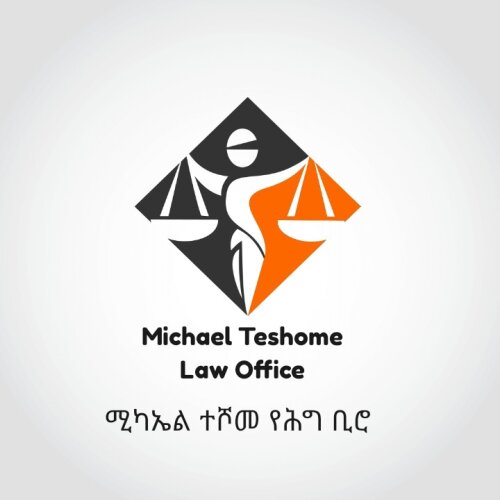Best FDA Law Lawyers in Ethiopia
Share your needs with us, get contacted by law firms.
Free. Takes 2 min.
Or refine your search by selecting a city:
List of the best lawyers in Ethiopia
About FDA Law in Ethiopia
FDA Law in Ethiopia refers to the legal framework governing the regulation, safety, and quality of food, drugs, healthcare products, medical devices, and cosmetics within the country. The Ethiopian Food and Drug Authority (EFDA) is the primary governmental body responsible for ensuring that these products meet established standards to protect public health. The law regulates everything from product registration and licensing to import, manufacture, distribution, labeling, and post-market surveillance. The objective of FDA Law is to ensure that only safe and approved products are available on the Ethiopian market, while preventing the circulation of substandard or counterfeit items.
Why You May Need a Lawyer
Legal assistance is often necessary when dealing with FDA Law in Ethiopia due to the complexity and evolving nature of the regulations. Common situations where people may require a lawyer include:
- Registering or licensing a new food, drug, or medical device with the EFDA
- Navigating product recalls, import/export restrictions, or regulatory inspections
- Challenging the rejection or suspension of licenses and approvals
- Responding to allegations of non-compliance, contamination, or mislabeling
- Dealing with advertising or promotional disputes
- Securing intellectual property rights related to medical products
- Pursuing claims for damages resulting from unsafe or falsified products
An experienced FDA Law lawyer can help businesses and individuals understand their obligations, avoid costly mistakes, engage with authorities, and defend their rights.
Local Laws Overview
Ethiopian FDA Law is primarily derived from the Food and Medicine Administration Proclamation No. 1112/2019 and its regulations. Key aspects include:
- Product Registration: All food, beverages, pharmaceuticals, medical devices, and cosmetics must be registered and approved by the EFDA before being placed on the Ethiopian market.
- Licensing: Manufacturers, importers, and distributors require licenses from the EFDA.
- Safety and Efficacy: Products must comply with safety, quality, and labeling standards.
- Inspections: The EFDA has authority to inspect premises and seize substandard or non-compliant goods.
- Penalties: Violations may result in fines, license suspension, product confiscation, or criminal liability.
- Post-Market Surveillance: There are strict rules regarding monitoring, reporting, and recalling unsafe products.
- Advertising Restrictions: Promotion of FDA-regulated products is closely monitored, with strict limits on health claims and misleading information.
Staying informed about these regulations is essential for compliance and avoiding potential legal issues.
Frequently Asked Questions
What products fall under Ethiopian FDA regulation?
The EFDA regulates food and beverages, pharmaceuticals, medical devices, dietary supplements, cosmetics, and some household products. Manufacturers and importers must comply with relevant standards for all these items.
How do I register a new product with the EFDA?
Product registration typically involves submitting a detailed application, including safety and efficacy data, labeling information, and samples. The EFDA reviews these materials before granting approval.
Can my product be refused registration?
Yes. The EFDA may reject an application if the product fails to meet safety, efficacy, or quality standards. Rejections must be accompanied by reasons, and there is usually an appeals process.
What are common penalties for violating FDA Law in Ethiopia?
Penalties range from fines and license suspension to confiscation of goods and criminal proceedings, depending on the severity of the violation.
How long does it take to get FDA approval for a product?
The approval timeline can vary based on the type of product and the completeness of the submitted application. It may take several weeks to months.
Is EFDA approval required for imported products?
Yes. All imported products covered by FDA Law must be registered with and approved by the EFDA prior to entry into the Ethiopian market.
What should I do if my product is recalled?
You must follow EFDA recall instructions carefully, notify retailers and customers, and cooperate with any investigations. Prompt legal advice is recommended to understand your obligations.
Are there restrictions on advertising FDA-regulated products?
Yes. All advertisements for regulated products must comply with EFDA rules, which prohibit false, misleading, or unsubstantiated health claims.
How can I appeal an EFDA decision?
You can file an appeal with the EFDA or relevant administrative tribunal, providing evidence and arguments supporting your case. A lawyer can help prepare your appeal effectively.
What should I do if I suspect a product is unsafe or counterfeit?
Report your concerns to the EFDA immediately. Do not use or distribute the product, and preserve evidence for investigation. Legal counsel can guide you on next steps.
Additional Resources
If you need information or assistance related to FDA Law in Ethiopia, these resources might be helpful:
- Ethiopian Food and Drug Authority (EFDA): The primary regulatory agency providing guidance, forms, and public notices.
- Ministry of Health: Works alongside the EFDA in public health and safety matters.
- Ethiopian Customs Commission: Manages the importation and exportation of regulated products.
- Professional Associations: Pharmaceutical societies, manufacturers associations, and importers federations can offer additional guidance.
- Legal Aid Centers: There are university clinics and non-profit organizations providing legal assistance, particularly for small businesses and individuals.
Next Steps
If you believe you require legal assistance with an FDA Law matter in Ethiopia, consider the following steps:
- Collect all relevant documents, such as product registration forms, EFDA correspondence, inspection reports, and promotional materials.
- Identify the specific issue or question you need help with, whether it is product registration, compliance, an ongoing investigation, or something else.
- Contact a qualified lawyer with experience in FDA Law and regulatory affairs. Many law firms in Ethiopia specialize in this field.
- Consult with the EFDA directly for general questions or guidance. Always seek legal representation for complex or high-stakes issues.
- Keep records of all communications and decisions from authorities for future reference.
Taking prompt and informed action can help prevent regulatory setbacks and ensure your rights are protected under Ethiopian FDA Law.
Lawzana helps you find the best lawyers and law firms in Ethiopia through a curated and pre-screened list of qualified legal professionals. Our platform offers rankings and detailed profiles of attorneys and law firms, allowing you to compare based on practice areas, including FDA Law, experience, and client feedback.
Each profile includes a description of the firm's areas of practice, client reviews, team members and partners, year of establishment, spoken languages, office locations, contact information, social media presence, and any published articles or resources. Most firms on our platform speak English and are experienced in both local and international legal matters.
Get a quote from top-rated law firms in Ethiopia — quickly, securely, and without unnecessary hassle.
Disclaimer:
The information provided on this page is for general informational purposes only and does not constitute legal advice. While we strive to ensure the accuracy and relevance of the content, legal information may change over time, and interpretations of the law can vary. You should always consult with a qualified legal professional for advice specific to your situation.
We disclaim all liability for actions taken or not taken based on the content of this page. If you believe any information is incorrect or outdated, please contact us, and we will review and update it where appropriate.
Browse fda law law firms by city in Ethiopia
Refine your search by selecting a city.

















